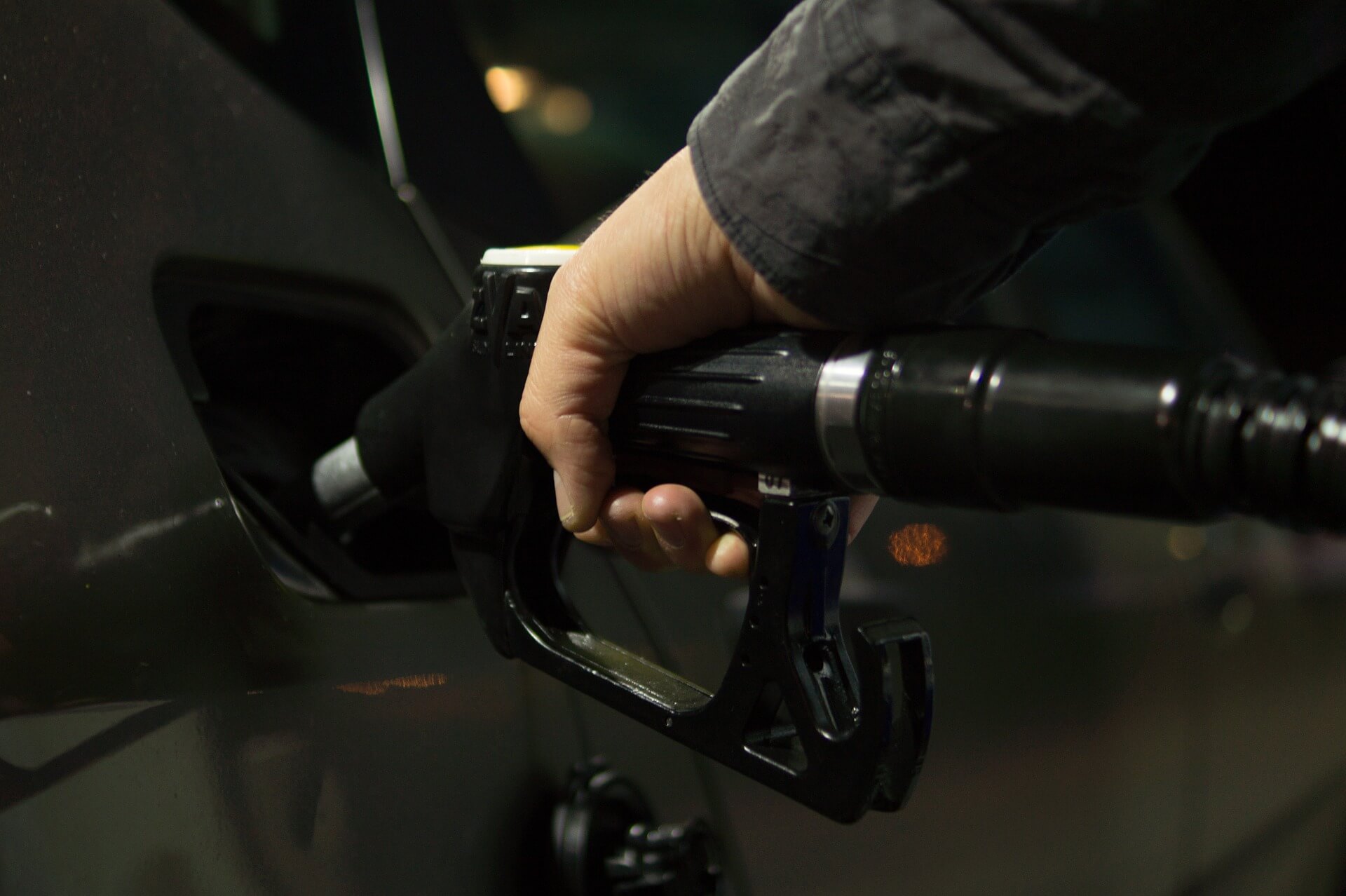The arrival of ever-more fuel-efficient vehicles on the market is fantastic news for people looking to purchase brand-new automobiles. However, for many people in Australia who do not own cutting-edge vehicles, it appears as though the amount of money we spend on fuel is entirely dependent on the price of fuel.
It is much simpler to save money at the pump than you would believe. If you take care of your automobile and pay attention to how you drive, you may improve the fuel efficiency of your vehicle by as much as thirty percent (and possibly even more).
The following advice could help you save hundreds of dollars per year on your fuel bills while simultaneously doing your part to protect the environment by lowering the number of glasshouse gases you emit into the atmosphere.
- Smooth driveFuel consumption increases when you speed up to get away from stoplights or follow too closely behind the automobile in front of you. You'll be able to drive more smoothly and effectively if you accelerate steadily from a stop and maintain a safe distance behind the cars in front of you.If you're following too closely, you'll have to repeatedly brake and accelerate, which wastes gas.By trailing the pack, you may assess the situation ahead of you and decide whether or not to apply the brakes.However, letting the engine chug along in a higher gear rather than downshifting wastes fuel and puts unnecessary strain on the engine.
- Regular maintenanceYou can save money on gas and on car repair in Airport West if you maintain it regularly.Your car will last longer and perform better if you follow the manufacturer's recommended maintenance schedule, which should include replacing the air and fuel filters and spark plugs at regular intervals.It's also important to use the right oil grade, which can have a significant impact on mileage. Due to increased friction caused by thicker oil, the engine's moving parts may use more gas than usual.This is also true with ancient oil, which is why maintaining a consistent maintenance schedule is essential.Better gas mileage is only one benefit of regular vehicle maintenance, which also helps you catch and fix minor problems before they balloon into major, expensive ones.
- Examine your tyresTyres that aren't properly inflated waste more gas and wear out faster. Saving money at the gas station is as easy as making sure your tyres are always properly inflated. Having lower tyre pressures causes higher rolling resistance, which uses more fuel to overcome.Tyre pressure should be checked whenever the tyres are cold to avoid getting an inaccurate measurement due to the tyres' increased temperature. Fuel economy is also affected by how well your car's wheels are aligned.A misaligned car uses more gas because it has to work more to maintain control of the vehicle, which reduces traction. Alignment services by a car mechanic are recommended if you observe uneven tyre wear or your vehicle is pulling to one side.
- Reduce the burden on your carThose golf clubs from that round you played three months ago are still in the trunk, right?Do you have a bunch of empty water bottles taking up space in your trunk? Inasmuch as a vehicle's fuel consumption increases in proportion to its weight, carrying excess weight such as the things mentioned above might have a negative impact on your vehicle's fuel efficiency.Losing just 20 to 40 kilogrammes of weight from your vehicle can increase its fuel economy by up to 5 percent. While this may not seem like much, it can have a significant impact over time.
- Drive slowDriving at high speeds reduces your car's engine's efficiency. To save a few minutes, you may be tempted to go faster than necessary; nevertheless, doing so at speeds of 110 km/h or higher can increase your fuel usage by up to 15%.Driving at a speed of 100 kilometres per hour or less is better for your car's gas mileage and reduces the likelihood of you receiving a traffic citation.
- Minimise acceleration and brakingConstantly slowing down and speeding up might have an adverse effect on fuel economy. The explanation for this is that higher RPMs result in greater consumption of fuel. Keeping a safe distance from the car in front of you can help you assess traffic more accurately and save gasoline.This is not only the most prudent method to drive, but it also allows you to reduce your need for frequent stops and starts. Rather than slamming on the brakes and accelerating back up, it is better to ease off the throttle and let the vehicle drop slowly.
To Sum Up
Since the cost of living in Australia has increased dramatically in recent years, many citizens are looking for ways to reduce their monthly outlays. As fuel is so expensive, fuel-efficient vehicles are often prioritised by both private motorists and companies. So, make the most of your vehicle by following these tips and finding a car repair shop in Airport West.
Also, read here: Why Do I need A Regular Car Service?







Follow us